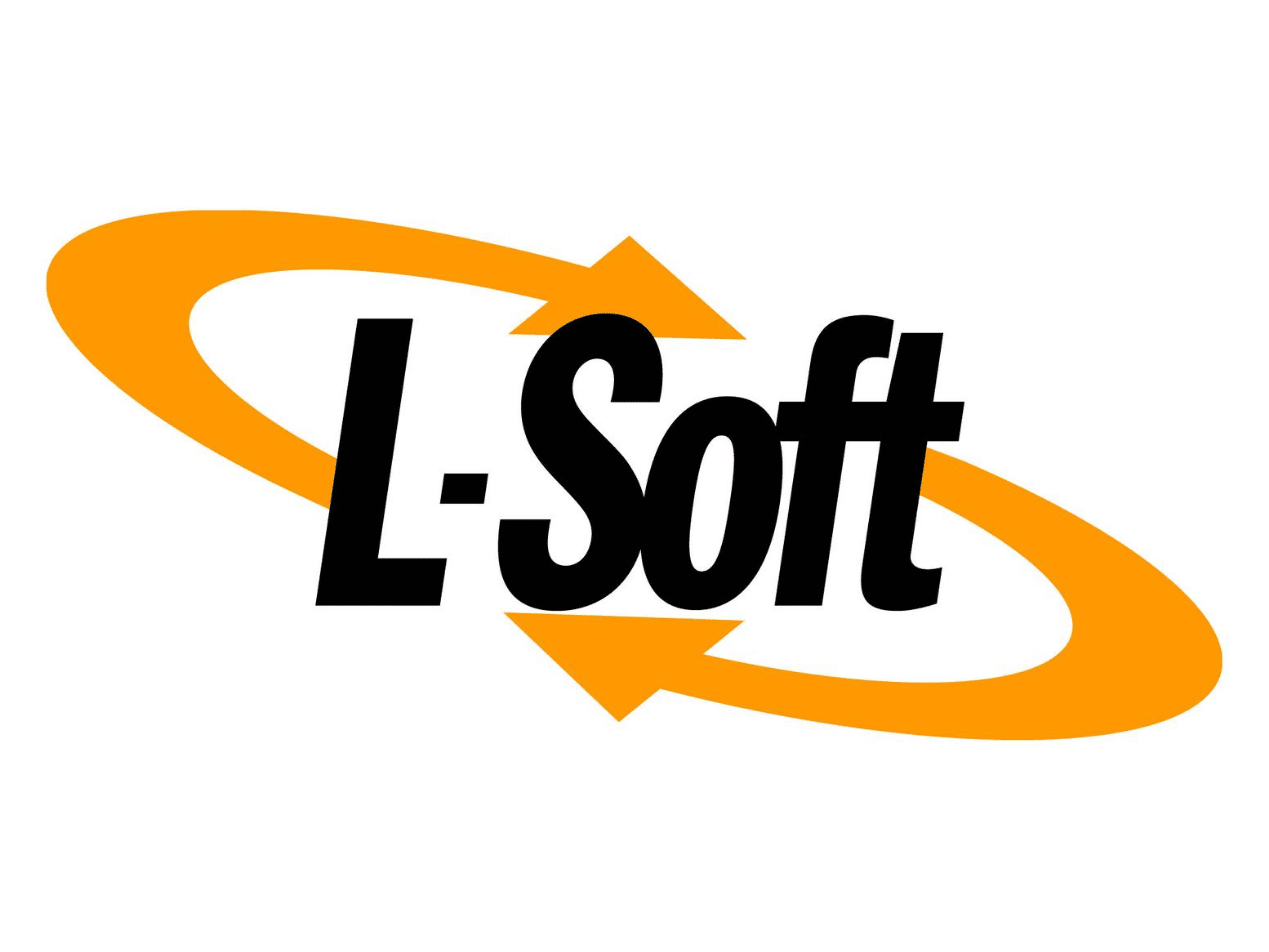
Automated validation checks healthcare data and software functionalities using software tools. A study shows that by adopting automated validation tools, organizations can achieve up to 99 percent agreement between manually and automatically collected variables (i.e patient data). The same study shows that despite some variables showing lower agreement rates, such as one with only 20% agreement, the overall high consistency in most indicators shows the effectiveness of automated validation in maintaining data integrity and compliance.
Do automated validation tools have to be HIPAA compliant?
When automated validation tools handle, transmit, or store electronic protected health information (ePHI), they must be HIPAA compliant. The Security Rule mandates the implementation of physical, administrative, and technical safeguards to ensure the confidentiality, integrity, and security of ePHI. This includes access controls, audit controls, integrity controls, and transmission security to prevent unauthorized access to ePHI during the validation process.
See also: Who needs to be HIPAA compliant?
The checklist for automated tools
- Integration capabilities: Assess the ability of the software to seamlessly integrate with existing systems and databases to ensure smooth validation processes without disrupting current workflows.
- Automated error detection: The tool should have sophisticated algorithms to automatically detect and report errors, inconsistencies, and anomalies in the data or software being validated.
- Customization and flexibility: Look for software that offers customization options to tailor the validation processes to your specific requirements and workflows.
- User-friendly interface: A clear and intuitive user interface simplifies the validation process and minimizing training time for staff.
- Support and maintenance: Consider the level of technical support and maintenance services provided with the software to ensure long-term reliability and performance.
- Performance and efficiency: Evaluate the software's performance, especially in terms of speed and efficiency of the validation processes, to ensure it meets your operational requirements.
- Test coverage and depth: Ensure the software can perform a comprehensive range of tests, including unit, integration, system, and acceptance testing, for thorough validation.
- Data anonymization capabilities: The ability to anonymize data for testing purposes while maintaining data integrity is necessary for software used in sensitive environments.
- Vendor reputation and reliability: Research the vendor's track record, customer feedback, and the stability of their software solutions to ensure you are selecting a reliable tool.
See also: What is compliance automation?
Automated validation software
Truven Health Analytics
Truven Health Analytics provides comprehensive healthcare data management and analytics solutions. As part of IBM Watson Health, it leverages advanced data analytics and artificial intelligence to analyze vast amounts of healthcare data.
How does it provide automated validation?
Truven works by applying advanced algorithms and AI, Truven can identify anomalies, inconsistencies, and potential errors in the data
Qualys
Qualys is a cloud-based security and compliance solution that provides automated vulnerability management, policy compliance, and web application security.
How does it provide automated validation?
Qualys conducts continuous security assessments and compliance monitoring across an organization's IT systems and applications. It automatically scans for vulnerabilities, unpatched software, and misconfigurations that could lead to security breaches.
LogicManager
LogicManager is a risk management and compliance software designed to help organizations manage their governance, risk, and compliance initiatives. It offers a centralized platform for risk assessment, incident management, and compliance monitoring, catering to various industries, including healthcare.
How does it provide automated validation?
It streamlines the compliance process for healthcare organizations by providing automated tools for risk assessments, compliance monitoring, and reporting. It enables organizations to set up automated workflows for incident reporting, track compliance with HIPAA regulations, and generate audit-ready reports.
See also: HIPAA Compliant Email: The Definitive Guide
FAQs
What are the 4 types of validation?
The four types of validation are formative validation, summative validation, process validation, and product validation.
Is validation rule an automation tool?
A validation rule is not an automation tool; it is a set of criteria defined within a system to ensure the data entered meets specific requirements before it is saved.
Are automated validation tools usable for small practices?
Yes, automated validation tools are usable for small practices, offering efficient and cost-effective solutions for ensuring data integrity and compliance with industry standards.
Subscribe to Paubox Weekly
Every Friday we bring you the most important news from Paubox. Our aim is to make you smarter, faster.




